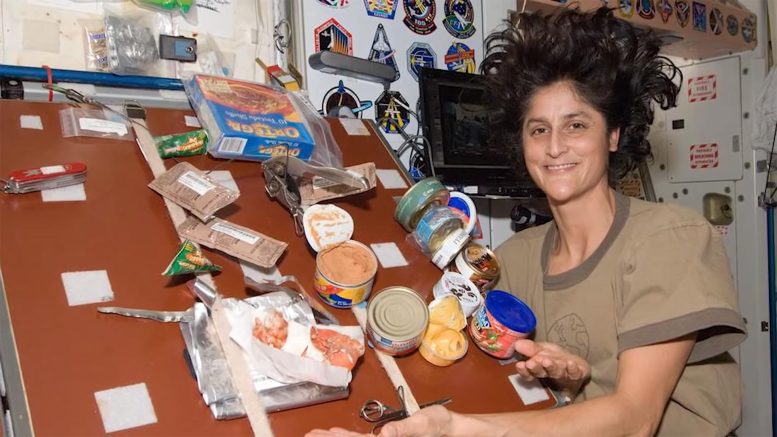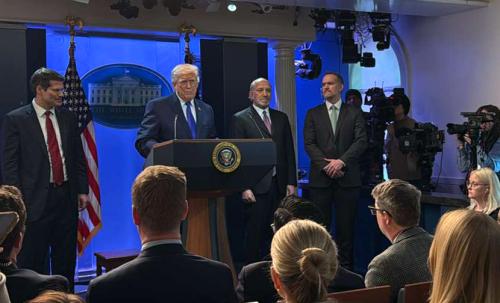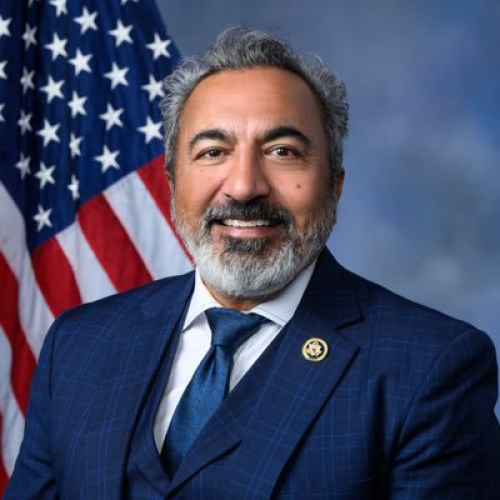New Delhi, July 16 (IANS) In a first, Australian scientists conducted a study on typical food scents that may help explain why astronauts claim that meals taste bland in space and struggle to consume their normal nutritional intake.
The study, published in the International Journal of Food Science and Technology, may also help improve the diets of isolated people, including nursing home patients, by personalising fragrances to enhance the flavour of their food.
In the study, researchers from the RMIT University in Australia investigated how people's perceptions of vanilla and almond extracts, as well as lemon essential oil, shifted from regular Earth conditions to the constrained setting of the International Space Station (ISS), which was replicated for participants using virtual reality goggles.
Dr Julia Low, the lead researcher from the varsity’s School of Science, reported that vanilla and almond fragrances were more powerful in the ISS-simulated atmosphere, while the lemon flavour remained unchanged. The scientists discovered that benzaldehyde -- a pleasant molecule prevalent in vanilla and almond fragrances -- could explain the shift in perceptions. The team included 54 adults to capture the variety of people's unique experiences with scents and tastes in isolated environments.
"One of the long-term goals of the research is to develop better-tailored diets for astronauts and other persons in isolated circumstances in order to enhance their nutritional intake closer to 100 per cent," Low stated.
She stated that their findings showing spatial perception had an important part in how people detect scents supported the findings of other studies on astronauts' dining experiences in space, such as the fluid shift phenomena.
Weightlessness causes fluid to migrate from the lower to upper portions of the body, resulting in face oedema and nasal congestion that impairs the senses of smell and taste. These symptoms usually resolve after a few weeks on board the space station. But still, the symptoms linger on, which points out that loneliness could be a key reason, an insight that applies to not just astronauts but to other people in isolated environments.












